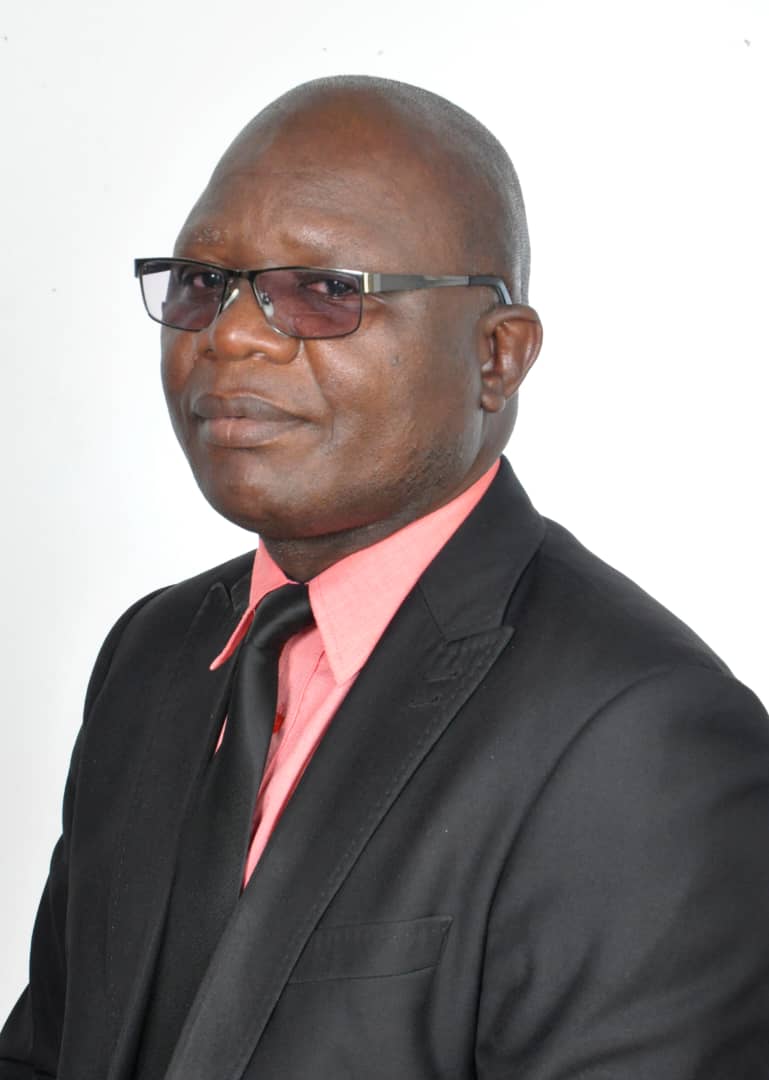|
Getting your Trinity Audio player ready...
|
By Claudious Matizira
The field of forensic accounting and auditing is not popular in Zimbabwe. Drawing upon an in-depth survey, it explores how the forensic profession is perceived, the profile of those working in this field, types of services offered, essential knowledge and skills required, the academic and professional response to its growth, and whether it can be considered as a profession.
In Zimbabwe, forensic is regarded as a multidisciplinary field of scientific activities associated with law enforcement agents such as the police. These fields include blood analysis, anthropology (bone analysis), chromatography, decomposition, DNA profiling, dactyloscopy (fingerprinting), chemical detection, etc. Less focus is given to occupational fraud which will be addressed by forensic accounting and auditing, with very little prospects of it becoming a recognized profession in the foreseeable future.
Financial scams and fraud appears to be a global problem and Zimbabwe is not spared. Although financial fraud and embezzlement vary from region to region, fraud schemes and perpetrator characteristics are pretty similar. In Zimbabwe, forensic accounting and auditing is an underdeveloped area both in education and practice.
However, indications are there, that very soon, forensic accounting and auditing will be a well-recognized field of profession in Zimbabwe. The considerable growth of forensic accounting and auditing careers can be seen when Institutions of higher learning such as Harare Institute of Technology started offering forensic accounting and auditing-related courses.
We also have the Association of Certified Forensic Practitioners (ACFP), our local forensic professional board which offers certifications in the field of forensic investigation/accounting/ auditing in line with the laws of Zimbabwe. There are other international boards such as ACFE which is the largest worldwide organisation for fraud fighters and can give certified fraud examiner credentials using American laws and can be questioned in our local courts during cross-examination.
ACFE has a distinctive and comprehensive anti-fraud toolkit, but it needs to be reinforced by certifications from ACFP, which is the local board for forensic practitioners registered and licenced by the Ministry of Justice, Legal and Parliamentary Affairs, Zimbabwe. This paves the way for the forensic profession to have its base and recognition in Zimbabwe.
Detailed disclosure of financial fraud and embezzlement is the matter forensic accountants/investigators are dealing with throughout their profession. Forensic experts have the skill sets in many areas and are able to apply their skills to prove beyond reasonable doubts that someone committed a commercial offense.
The increase of economic crimes in Zimbabwe in the last few years is a wake-up call to the forensic accounting and auditing profession.
Considering the increase in government initiatives in fighting corruption and pressures from other stakeholders, businesses were made aware of the consequences of employees’ financial malpractices and poor internal control systems.
Corporates in Zimbabwe are now beginning to be more determined to ensure that fraudulent employees are weeded out of their systems.
This resulted in a steadily growing demand for employees with forensic accounting and auditing skills. Hence, some institutions of higher learning and professional boards have embarked on the programs of training different professions to be able to detect, correct and prevent fraud.
With the high prevalence of commercial offences in Zimbabwe, the importance of forensic accounting and auditing cannot be over-emphasized. The forensic profession can be used to prevent, detect, deter and respond to harm caused by fraud. Zimbabwe is still ranked very low on the Transparency International Corruption Index at 157 out of 180 countries.
The limited number of formal training institutions in forensic accounting and auditing techniques has contributed to the high rate of financial fraud and other related economic crimes in Zimbabwe.
Presently, there are no universities in Zimbabwe that are offering forensic accounting and auditing to post-graduate students. Hence, specialisation in forensic accounting and auditing at the post-graduate level should be encouraged. This is to ensure that all hands are on deck to reduce, if not, to put an end to financial frauds in Zimbabwe.
Claudious Matizira is a practicing Forensic Practitioner with more than 16 years of experience. He is a holder of a Master of Science in Forensic Accounting and Auditing (MScFAA), Honors Degree in Internal Auditing, CFE, CFA, CRM.






